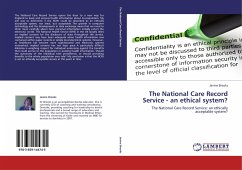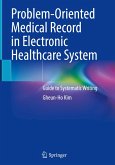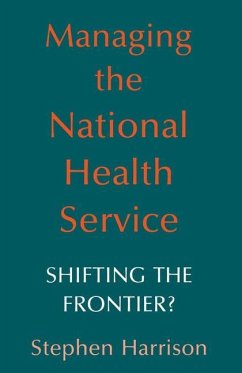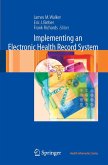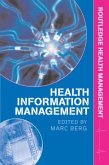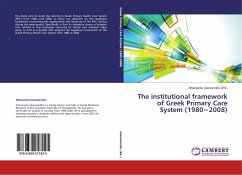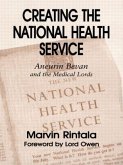The National Care Record Service opens the door to a new way for England to keep and process health information about its population. My aim was to determine if the NCRS could be described as an ethically acceptable system, not ideal, but acceptable. The growth in computer technology and the developments in data exchange mean that we need to think more carefully about how personal information initially enters the electronic world. The National Health Service (NHS) in the UK largely relies on implied consent for the disclosure of data throughout the service. Implied consent may have been adequate when health information was contained within paper records or simple local electronic systems. However, as healthcare has become more sophisticated and electronic systems networked, implied consent has not kept pace. A particularly difficult dilemma is weighing respect for individual autonomy against the benefits that could accrue to the population in pooling health information. Should the autonomy of the individual take precedence, or should providing benefits to the whole population over ride? My conclusion is that the NCRS is not an ethically acceptable service at this point in time.
Bitte wählen Sie Ihr Anliegen aus.
Rechnungen
Retourenschein anfordern
Bestellstatus
Storno

